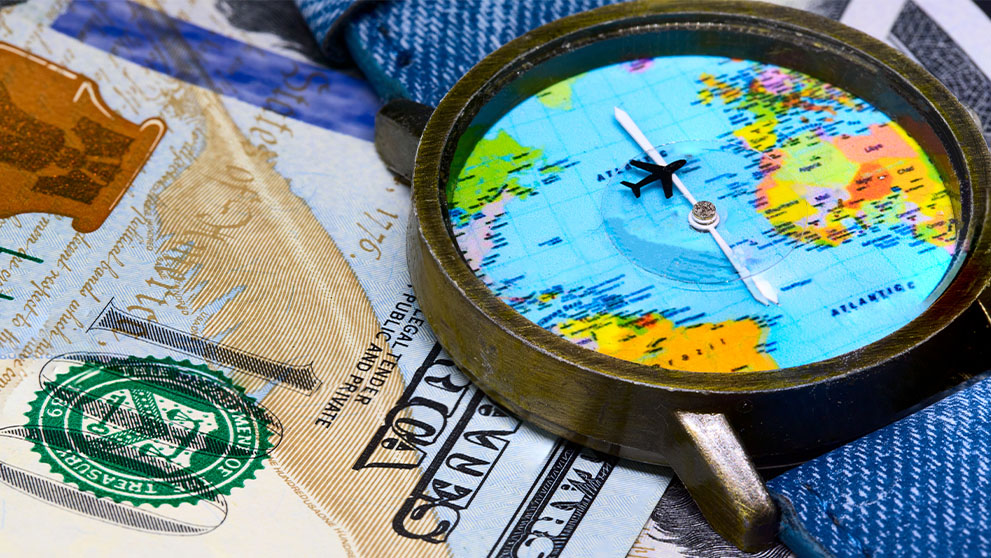Chinese millennials are making a big noise on the global stage. They are a generation numbering 400 million, which makes them impossible to ignore.
A generation like no other
In the 1980s, China took some very big, bold decisions. The one-child policy slowed the country’s dangerous overpopulation, but changed the country’s culture forever. And the economic liberalization that started with the rise of Deng Xiaoping created unprecedented levels of wealth in a country that was largely unaccustomed to it. This combination of circumstances produced a uniquely affluent and individualistic generation.
According to a report by Fung Business Intelligence, most people in this so-called ‘privileged generation’ are only children in an often relatively wealthy family. For many this means, in stark contrast to their European and American contemporaries, no student debt and no crippling accommodation costs.
Lives lived online
A China Internet Network Information Center (CNNIC) survey found that millennials (ages 20 to 39 for the purposes of this poll) comprise more than half of Chinese internet users in 2016. In a survey conducted by Sinomonitor, mobile internet penetration among China’s urban millennials was above 90% in the 12 months ending March 2016, the highest rate of any age group studied. So if you’re an e-marketer looking to reach millennials, you’re fishing in the right pond.
WeChat and Weibo, China’s leading social platforms, are dominated by millennials
In a recent survey, Chinese millennials were nearly twice as likely as their US counterparts to agree with the statement: “I share everything that I do online.” 76.6% of Chinese millennials create original content for their own online channel at least once a week, compared with 41.8% in the US. So, when they are enthusiastic about something, it spreads fast.
They have the money to own their own home
A recent HSBC survey found that 70% of millennials aged 19 to 36 in China are homeowners – the highest rate among the nine countries surveyed, including the US (35%) and UK (31%). Homeowners are more likely to buy for the home than renters, so if you’re marketing homeware and decorative items, this is a very good place to look for customers.
They travel extensively
According to an October 2016 study for Airbnb, 93% of millennials in China consider traveling an important part of their identity. In fact, they rank travel at number one; above paying off debt, investing, saving, or buying a home or car. Further research by Kantar TNS shows that, as well as travel, Chinese millennials also value individuality, immediate gratification, novel experiences and self-expression. This is the definition of open-mindedness, so if you’re selling global culture, China is buying.
The goods they are buying more of, according to smallbiztrends, are ladies’ fashion items, such as clothing, shoes, jewelry, makeup and beauty products, such as skincare.
This has led to accusations of superficiality. In fact Millward Brown argue that to be successful with this group, it’s all about attaching the right celebrity to your product or service. However, they are more socially conscious than this suggests. Just like millennials all across the planet, corporate social responsibility is required of every brand they are likely to approve.








